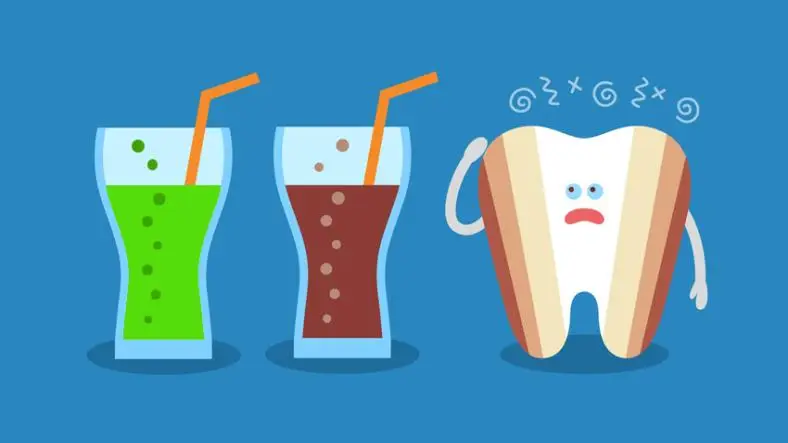"Unsaid confessions" often refer to the thoughts, feelings, or truths that people hold back or choose not to express openly. These unsaid confessions can be insightful for personal growth, relationships and understanding human behavior.
Here are some insights that one might take from exploring the concept of unsaid confessions:
1. Understanding Inner Conflict
- Personal Struggles: Unspoken confessions can reveal deep-seated fears, insecurities, or regrets. Recognizing these can help individuals address internal conflicts and work towards resolving them.
- Emotional Burdens: Holding back emotions can lead to stress and mental strain. Acknowledging and confronting these emotions can lead to emotional healing.
2. Improving Communication
- Honesty: Unsaid confessions highlight the importance of honesty in relationships. Open communication fosters trust and prevents misunderstandings.
- Empathy: Understanding that others might have unsaid confessions encourages empathy. It reminds us that everyone has their own internal struggles.
3. Fostering Relationships
- Building Trust: Sharing your true thoughts and feelings can strengthen relationships. It builds a foundation of trust and transparency.
- Conflict Resolution: Addressing unsaid confessions can help resolve conflicts and prevent issues from escalating.
4. Personal Growth
- Self-Awareness: Reflecting on what you haven’t said can lead to greater self-awareness. It helps in understanding your own values, desires and boundaries.
- Courage: The process of confronting and expressing what has been left unsaid often requires courage. Embracing this can lead to personal growth and resilience.
5. Recognizing Patterns
- Behavioral Insights: Patterns in unsaid confessions can reveal common themes or issues in one’s life, such as fear of rejection, a need for approval, or unresolved past experiences.
- Change Triggers: Identifying these patterns can act as triggers for personal change and improvement. It provides a starting point for addressing underlying issues.
6. Encouraging Openness
- Creating Safe Spaces: Encouraging an environment where people feel safe to share their thoughts can lead to more honest and open communication.
- Role Modeling: By being open about your own unsaid confessions, you can inspire others to do the same, leading to more authentic and supportive interactions.
7. Navigating Social Dynamics
- Sensitivity to Others: Recognizing that others might have unsaid confessions helps in being more considerate and sensitive in interactions.
- Avoiding Assumptions: Avoid making assumptions about others based on incomplete information. Understanding that people may have hidden feelings or thoughts can lead to more compassionate interactions.
Practical Steps to Address Unsaid Confessions
- Self-Reflection: Take time to reflect on your own unsaid confessions. Journaling or meditating can help in articulating what’s been left unsaid.
- Open Dialogue: Practice open and honest communication in your relationships. Share your thoughts and feelings in a constructive manner.
- Seek Support: Sometimes, talking to a therapist or counselor can help in addressing and processing unsaid confessions.
- Active Listening: When others share their unsaid confessions, listen actively and empathetically. Provide support without judgment.
Example of Reflective Questions
- What are some things I haven’t said that might be affecting my well-being?
- How can I create a safe space for others to share their unsaid confessions?
- What patterns do I notice in the unsaid confessions of people around me?
By exploring unsaid confessions, individuals can gain deeper insights into themselves and their relationships, leading to more fulfilling and authentic interactions.
Thanks for reading the article, for more lifestyle related articles read our peoples blog articles.



![OnePlus Pad 2(12.1 Inch)LCD Display,12GB RAM, 256GB Storage,Snapdragon 8 Gen 3,144Hz Refresh Rate,Dolby Vision & Atmos,Open Canvas,AI features,6 speakers,Wi-Fi with Cellular Data Sharing [Nimbus Gray] OnePlus Pad 2(12.1 Inch)LCD Display,12GB RAM, 256GB Storage,Snapdragon 8 Gen 3,144Hz Refresh Rate,Dolby Vision & Atmos,Open Canvas,AI features,6 speakers,Wi-Fi with Cellular Data Sharing [Nimbus Gray]](https://m.media-amazon.com/images/I/61tslaYWLjL._SX679_.jpg)











